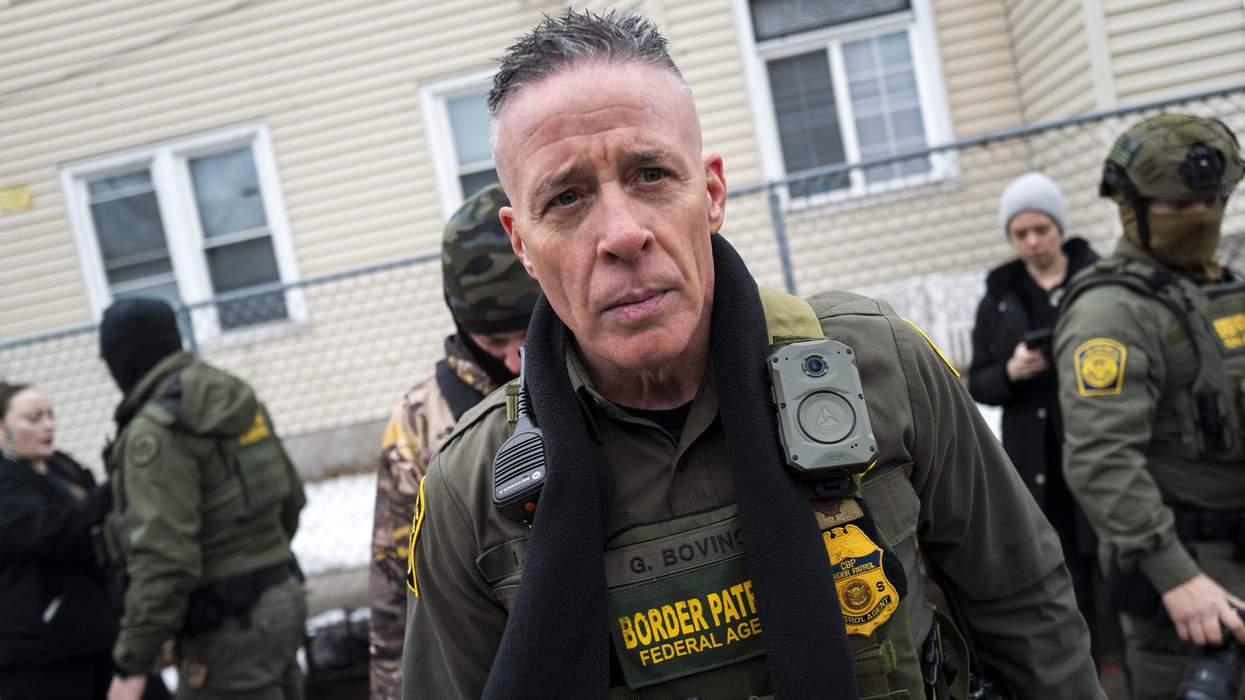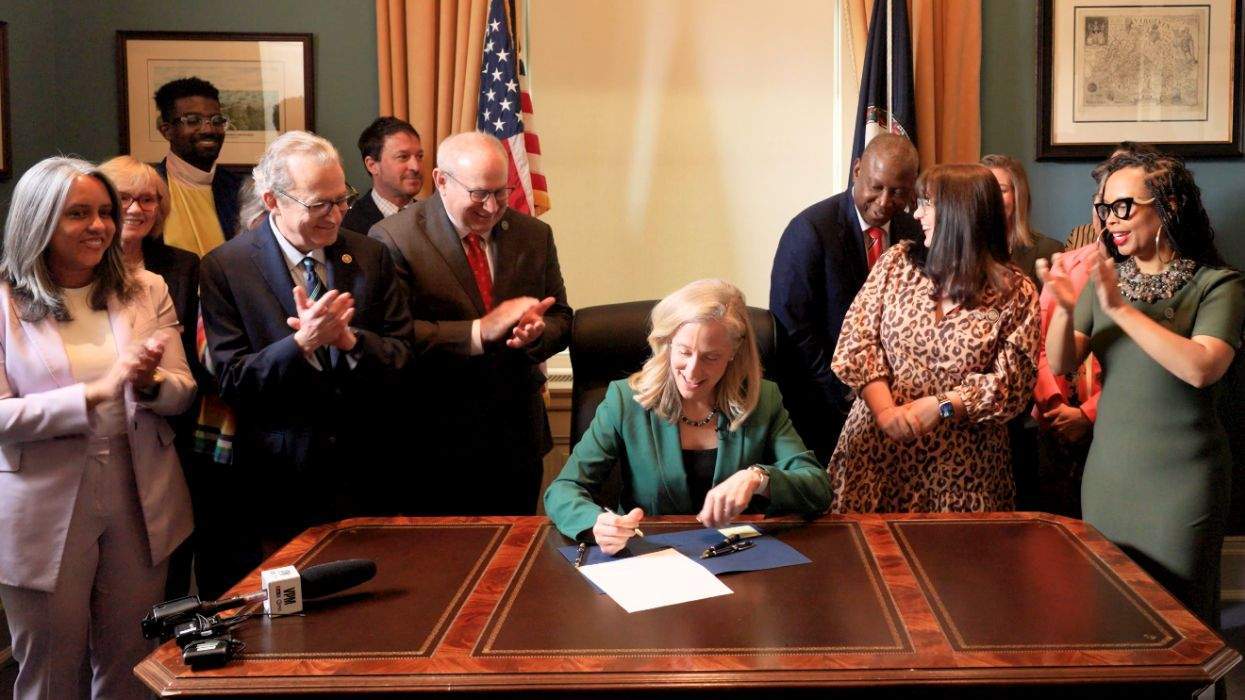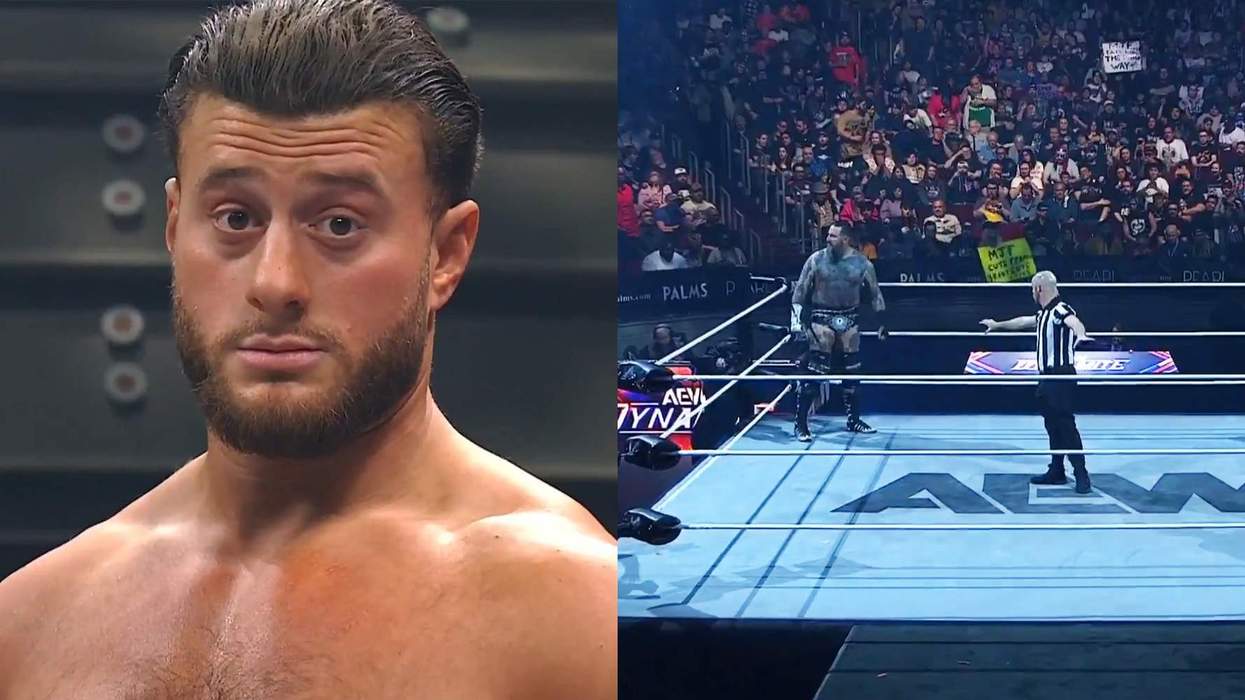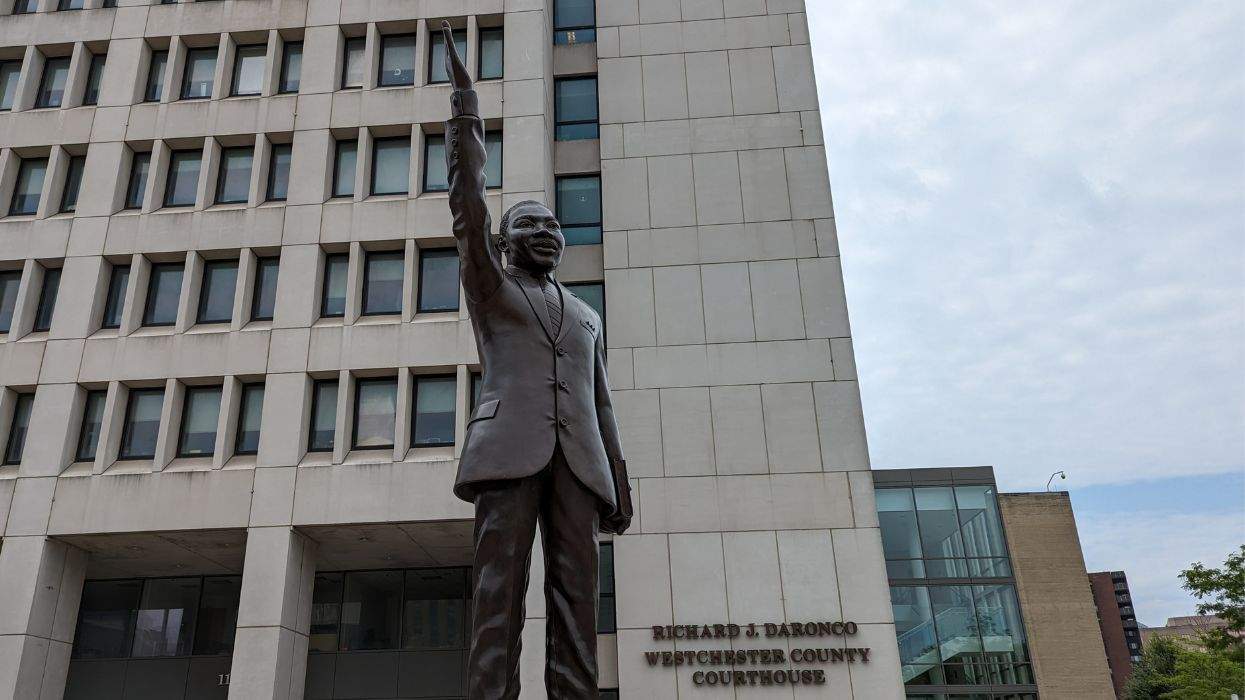In the short-lived CBS series Swingtown, Mike Kelley's underappreciated take on suburban swingers in the sexual revolution of the 1970s, Lana Parrilla and Grant Show starred as a seemingly happy couple with an open marriage. It's their open lifestyle that set the series in motion, and toward the end of the first season, we learned this was merely Parrilla's way of dealing with her husband's infidelity.
Since the Age of Aquarius, the idea of an open marriage has become increasingly popular, especially among gay couples.
These days more relationships seem to be open than closed, at least in my experience. Whether it represents a more liberal approach to mating -- some would argue a more evolutionary approach -- or whether it simply disguises one or more partners' indiscretions, I predict more couples embracing it.
Having never been in a relationship myself, I remain undecided on the issue. I'm not one to argue with science, or disregard anthropology, but there's something a little unsettling about not being exclusive. I liken it to eating off someone's plate. It's just not as satisfying as having your our own meal.
As a single, it frustrates me when I connect online with a potential date only to discover he's in a relationship. I'm tempted to ask why he's on Grindr but refrain from suggesting he get offline and enjoy his significant other.
On the other hand, I ask myself why it matters if we are both only looking for fun.
But maybe that's part of the problem. Maybe only one of us is truly looking for fun. Possibly to some degree, the single person always wants there to be a chance it could result in something more.
Which leads us to the psychology of such a situation.
Growing up gay too often correlates to only receiving conditional love from parents and guardians, rather than the unconditional love often given to straight children. Those who are conditionally loved tend to be more insecure, more needy, and more emotionally damaged. They cling to the sense of security a relationship provides, even if it's not the ideal relationship. They rely on the emotional benefits of the partnership, even when all else fails. Thus it becomes a relationship of codependent convenience, hard to extract oneself without possessing a much stronger emotional core.
Some couples are together only in the sense they live in the same home. Often they have stopped functioning as partners and started functioning more as roommates. They date who they like, sleep with whom they like, yet can never bring themselves to sever the security blanket of the relationship. They may just be too emotionally insecure to separate. They are in effect single but not independent enough to be on their own. They stay in relationships long after straight couples would have separated.
And that's why hooking up with someone in an open relationship unfairly puts us singles on a different playing field.
The single person alone bears the risk. Only he is more vulnerable.
The coupled person has a solid emotional foundation that serves as a safety net, allowing him to have no-strings-attached sex with whomever he wants.
For the single person, it is never truly "NSA."
SAMUEL C. SPITALE is a Los Angeles-based writer and founder of ItGetsWorseBlog.com. Follow him on Twitter @ItGetsWorseBlog.















